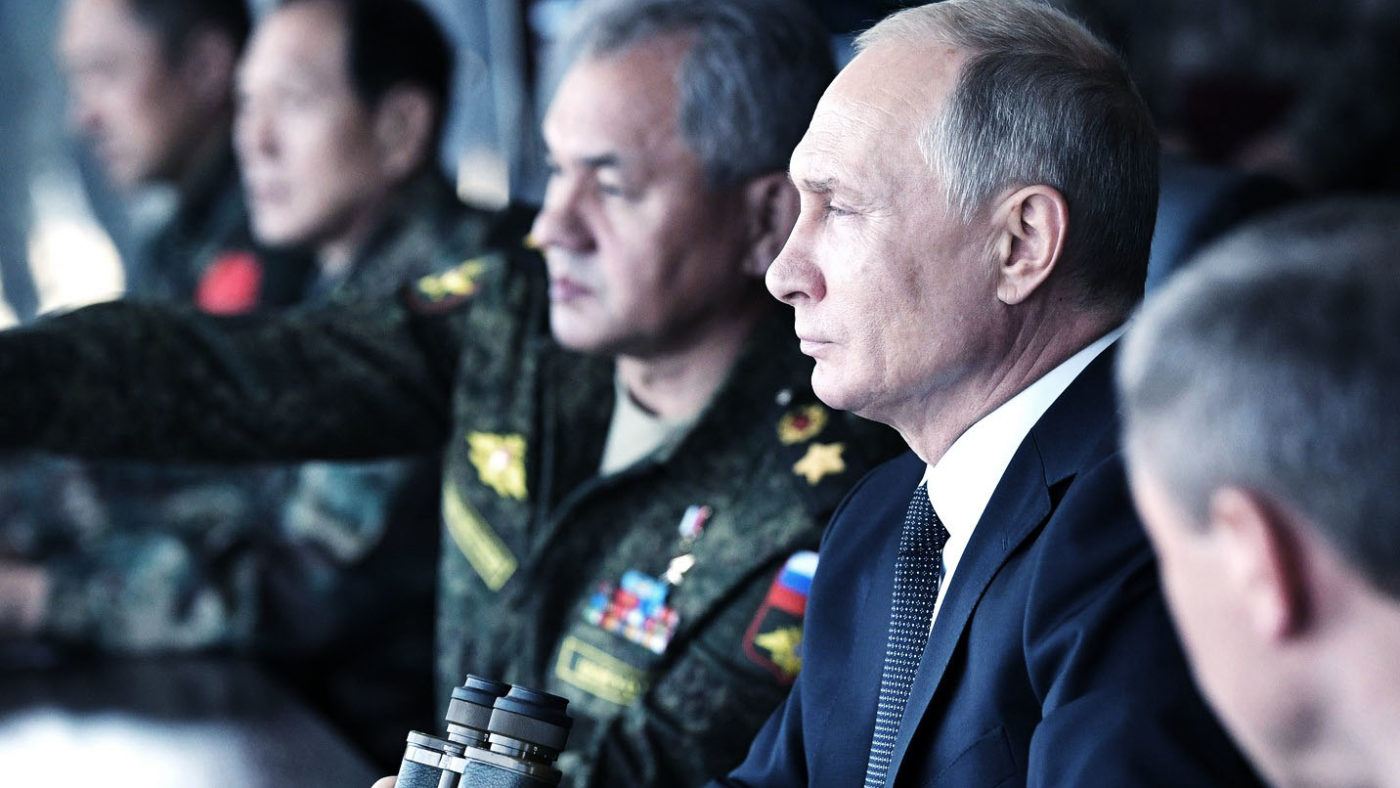Russia’s geopolitical feats created an image of it as a modern-day Sparta – a country that, although backward in economic terms, is almost unrivaled when it comes to all things military and intelligence. The trail of evidence left by suspected Russian operatives in their alleged attempt to poison a former spy, Sergei Skripal, casts some doubt on this notion.
So here we arrive at some sort of perverse equilibrium. Just as Russia’s modus operandi in economic or domestic administration fields doesn’t always involve a great deal of strategic sense and meticulousness, the same, it appears, is true of Moscow’s intelligence operations. Shoddy governance breeds cases of incompetence in all areas.
The Skripal assassination attempt is not an isolated case. The likely murderers of another Russian defector, Alexander Litvinenko, poisoned by radioactive polonium in 2006, acted in a similarly reckless, almost chaotic fashion.
Russia’s suspected attempt to overthrow Montenegro’s government in 2016, too, lacked planning and sense. One of the suspects allegedly involved in the coup – a GRU officer, like the Skripal attackers – gave the address of his agency’s HQ when filling out the Western Union form to transfer money to his contact. The story is not unique: The news website, Bellingcat, identified an undercover operative, linked to the downing of MH17 in Eastern Ukraine, because he used the GRU HQ address when shopping online.
Still, the attack on Skripal is particularly egregious. Firstly, it involved chemical weapons. It also harmed ordinary citizens – Yulia, Skripal’s daughter, Dawn Sturgess, a British woman who died after coming into contact with the Novichok container in Amesbury, and Nick Bailey, a policeman poisoned on the crime scene in Salisbury.
Then, there is the question of Kremlin’s role. If the Russian president, Vladimir Putin, approved the operation in Salisbury, it raises doubts about the quality of his judgement. This is especially pertinent given that Skripal didn’t run away, but was part of the spy swap deal between Russia and the West. Perhaps Skripal failed to stick to conditions of his release (e.g. veto on cooperation with the Western intelligence). Yet this scenario is contradicted by reports suggesting that his value as an operational source was limited and had faded quickly.
If Putin didn’t green-light the attack, that leaves a crucial question concerning the management of security services. How have members of Russia’s military intelligence arm pulled off a freelance job of this caliber?
At any rate, Moscow’s recklessness – in Salisbury and in other cases – has already resulted in significant diplomatic damage. Even Greece, until recently one of Russia’s foremost European allies and a fellow Christian Orthodox nation, turned away from the Kremlin for fear of its subversive activity. This included an effort to disrupt an agreement with Macedonia that could pave the way for the country to become a NATO member.
But can this backlash prompt Moscow to mend its ways? As things stand, such a scenario seems unlikely. The operatives’ screw-ups, even those high-profile ones exposed by the media, do not undermine the principles of Russia’s foreign policy or the Kremlin’s relations with the security agencies. Rather, those screw-ups are perceived as side effects of the system that, however imperfect, is accepted by the elites as optimal. There seems little reason why this would change.
First, there are no strong incentives for the secret services to behave more carefully. Alexey Lugovoy and Dmitry Kovtun, the two main suspects in the assassination of Litvinenko, faced no penalties in Russia. Lugovoy even went on to become an MP and was awarded with a medal ‘for services to motherland’. Nor have officials in Moscow assisted in foreign investigations of subversions where Russians were involved. Clearly, being overly bold carries fewer risks for the operatives than being too meek.
Second, Russian elites appear persuaded that the US and European sanctions won’t be lifted regardless of what happens. Moscow is convinced that the West, fearful of Moscow’s growing ambitions, wants to put a lid on its economic growth by any means – so it’s too late to expect any benefits from going soft. At the same time, the Kremlin also senses Europe’s reticence to punish Moscow in any radical way – especially via energy sanctions – for its actions.
Third, malicious activity abroad has done little damage to the Kremlin in the eyes of public opinion. The government has clearly ad-libbed its campaign to deny Russia’s involvement in the Salisbury attack. At one point, the Russian Ambassador to the EU, Vladimir Chizhov, even hinted at the possibility that the nerve agent used to poison Skripal might have come from the Porton Down laboratory in Salisbury. And when the UK police presented footage of the Russian suspects, the Foreign Ministry began to tap into conspiracy theories about the pictures’ legitimacy. Thursday’s muddled interview with the Salisbury’s with the state RT channel confused things even further.
Even so, most Russians side with the state. According to the Russia Public Opinion Research Center (VCIOM), 82% of respondents said they don’t think Moscow was behind the Skripal poisoning. Why? Many assume that because decisions in Russia tend to be politicised to suit the Kremlin’s political narrative, Western MPs and security services must act in a similar fashion. Coupled with a penchant for conspiracies (67% believe in the existence of a world government), this makes the Russians equally distrustful of truth and susceptible to opaque conspiracies. If anything, meddling in the US or the attack on Skripal can attenuate a sense of living in a ‘besieged fortress’ among citizens.
In sum, at least for the time being, Moscow will take its chances despite mounting blunders. Entertaining little prospect for economic rapprochement with Europe and the US, ‘failing better’ in its offensive operations is a more preferable option in the Kremlin’s calculation. More preferable, at least, than risking to appear weak and reining in its security services at a time of confrontation with the West.


